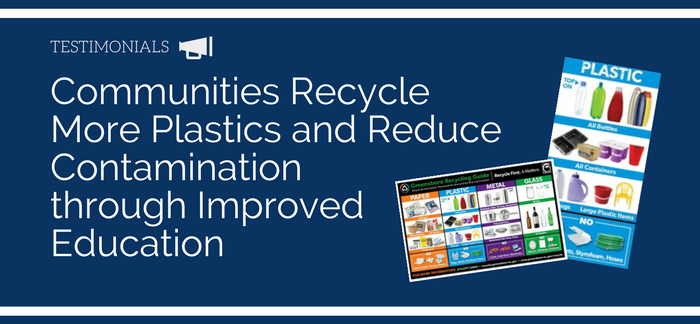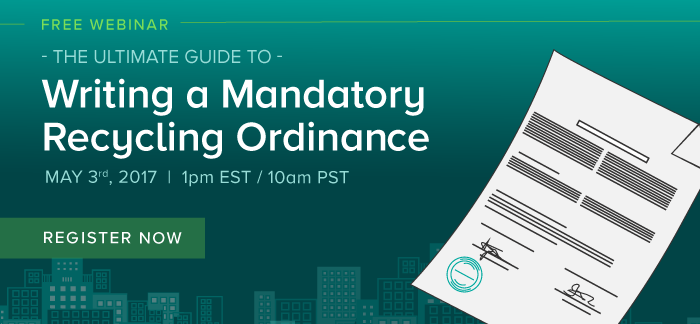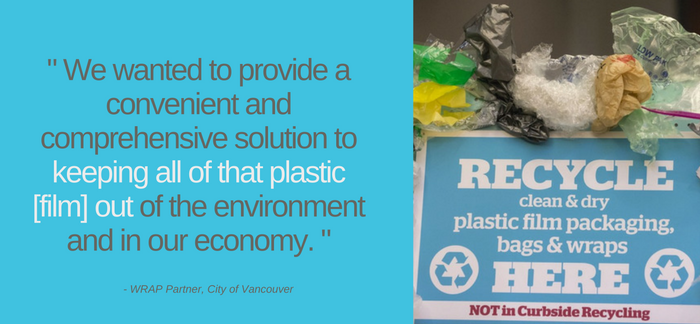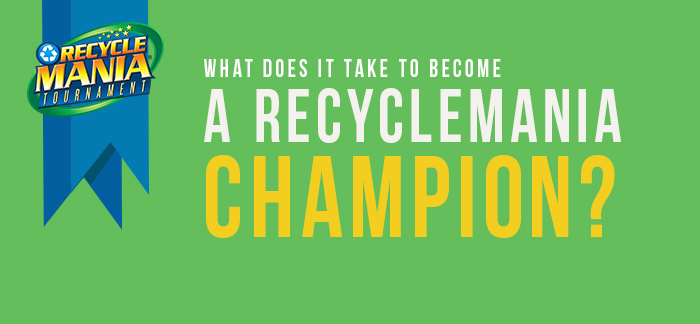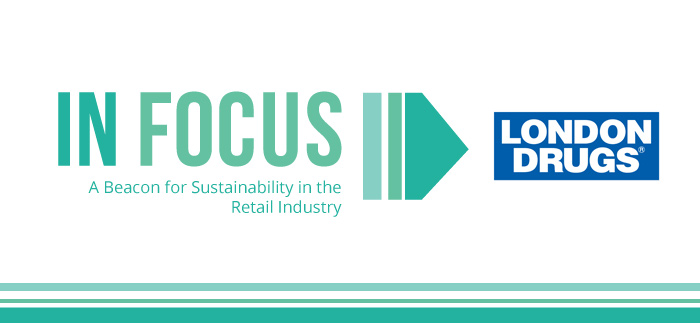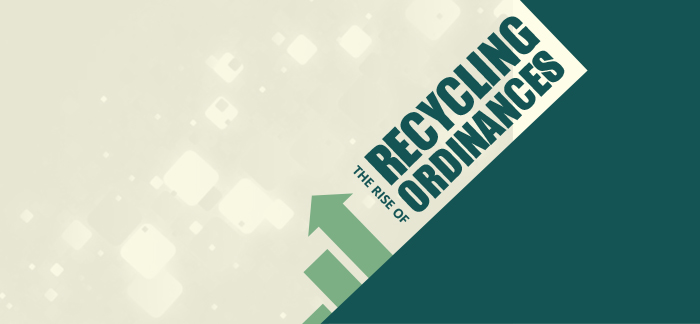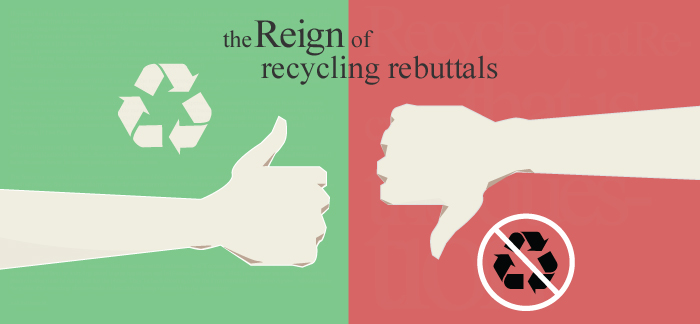Communities Recycle More Plastics and Reduce Contamination through Improved Education
By: Tonya Randell, More Recycling
As recycling professionals who work in recycling education, we know how hard municipalities work to educate their residents about how to recycle more and recycle right, especially when it comes to plastics. Over the years, we’ve seen more plastics entering the recycling stream as packaging evolves and more products come in plastics instead of other materials. And because there are so many different types of plastics—and which ones can be recycled varies from community to community—there’s potential for plastics to end up in the wrong bin.
We’ve seen that better communication with residents can lead to more and better recycling. Yet, often education materials are only updated when absolutely necessary, like when a recycling program changes what items it accepts, since updating education materials can be resource-intensive.
So, is there a program to help communities improve recycling education for plastics that is easy, economical, and effective? Three communities used a new resource—the Plastics Recycling Terms and Tools—and found that the answer is: yes!
